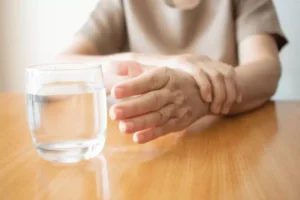
To get the most out of your nap, keep it to a maximum of 20 minutes and aim to take it earlier in the day. If you're tired (quite literally) of getting up in the middle of the night to pee, the following tips might help. Keep in mind, that these are just suggestions and not medical advice. Be sure to speak with a doctor if you're concerned about your nighttime bathroom usage.
Who Is Affected by Sleep Disorders?
Older men who consume alcohol are more likely to have a worse sleep profile, characterized by waking tired and waking several times during the night. During the final hours of sleep when alcohol is metabolized by the body, it can have a disruptive effect on sleep, causing frequent waking and fragmented sleep. Ultimately, alcohol can decrease the amount and quality of sleep you get. Research shows that between 33% and 40% of people who consume alcohol experience mild to severe anxiety. Anxiety symptoms can cause or worsen insomnia for some individuals. People with sleep apnea should consider avoiding or reducing alcohol consumption.
How does alcohol affect sleep?
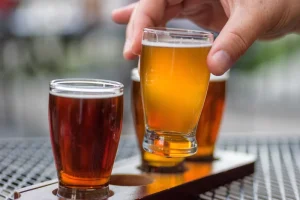
In other cases, people have nocturia simply because they've developed a habit of waking up and using the bathroom (although they might not necessarily need to go). Drinking alcohol does alcohol help you sleep before bed can cause heavier snoring and increase the risk of sleep apnea by 25%. Sleep apnea can overall lower your quality of sleep and cause disruptions throughout the night.
What causes gout?
Alcohol can disrupt your sleep and reduce your ability to have consistent REM sleep. When consumed before bedtime, alcohol can increase your risk of experiencing insomnia and its related symptoms. First off, while wine and other alcohols have notorious sedative effects, it’s important to note that these drinks also have calories, which means they give us energy, too. So while alcohol is being processed, before you begin to feel a bit drowsy, the calories are being converted to energy. As such, people with insomnia often try to self-treat the condition. An estimated 20% to 30% of people report drinking to manage insomnia.7 While alcohol can initially cause sedation, over time, alcohol causes major disruptions in the quality of sleep.
Stop drinking four to six hours before bedtime
- The more you drink, and the closer your drinking is to bedtime, the more it will negatively impact your sleep.
- Alcohol can behave like a sedative, increasing relaxed and tired feelings.This is why alcohol helps you fall asleep.
- If you've tried these tips and still find yourself waking up to pee multiple times per night, reach out to your doctor.
Moreover, it can take one hour for your body to process one serving of alcohol. If you've had several drinks, it's best if your last drink is finished at least several hours before you go to bed. However, even small amounts of alcohol can have noticeable effects in some people.
Why Does Coffee Make You Tired?
- It may be caused by the lack of a brain chemical called hypocretin, which promotes wakefulness and maintains muscle tone.
- In the long term, frequent disruptions to our natural sleep cycle may alter the homeostatic drive in a more permanent way.
- His research and clinical practice focuses on the entire myriad of sleep disorders.
- Millions of Americans wake up to use the bathroom while they should be sleeping, and if you're one of them, you're probably looking for a way to regain control over your body.
There are several methods of treatment available for sleep disorders. These are recommended based on the specific type of sleep disorder and each individual situation. Narcolepsy is a sleep disorder characterized by excessive daytime sleepiness. It may be caused by the lack of a brain chemical called hypocretin, which promotes wakefulness and maintains muscle tone. This may be due to an autoimmune process, genetics, brain tumors or lesions, or other brain damage. The mismatch may lead to insomnia or excessive sleepiness (hypersomnia) at inappropriate times.
- In addition to altering your sleep architecture, alcohol can disrupt your sleep by interfering with contributing to sleep disorders and interfering with circadian rhythms.
- Anyone experiencing insomnia should speak with a doctor to learn more about what treatments may work best for them.
- It’s easy to understand why sipping a glass of wine might sound like the perfect way to wind down before bed at the end of a busy day.
- You may experience your most severe sleep disturbances in the first week, but most people find that it eases up with time.
- Drinking a small amount of alcohol may help people fall asleep more quickly initially, but over time, individuals will need to consume more alcohol to achieve the same effect.
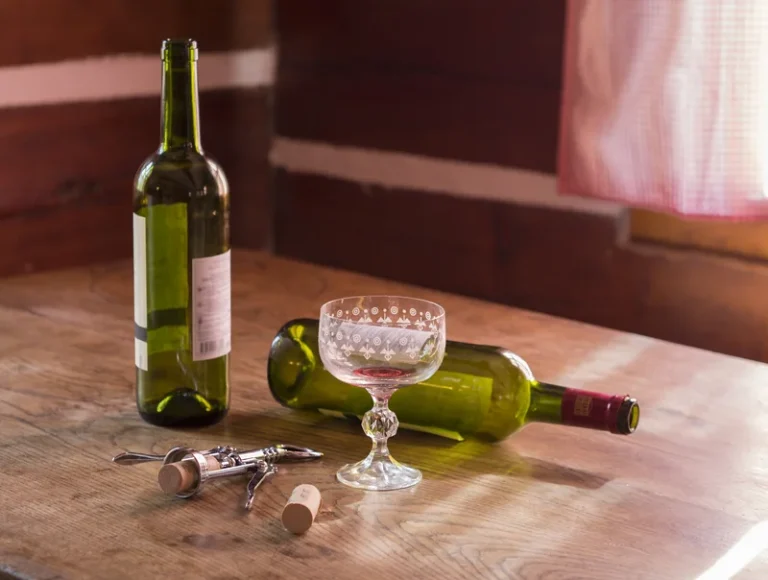
Your deep restful sleep tends to be more prevalent in the first few hours but decreases during the second half. Sleep and circadian rhythm disruption from alcohol also contribute to next-day https://ecosoberhouse.com/ tiredness, fatigue, irritability, and difficulty concentrating. Even if it doesn’t present as a full-fledged hangover, alcohol-related sleep loss negatively affects mood and performance.
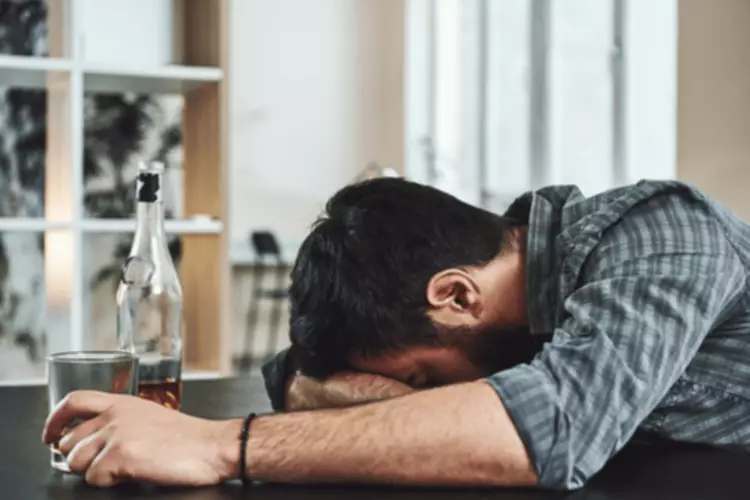
As blood alcohol levels rise and fall, alcohol exerts different effects on your sleep. More than 70% of those with alcohol use disorder (AUD) also experience alcohol-induced sleep disorders, such as insomnia, according to scientists in a 2020 review. Regular drinking has also been linked to shorter periods of rapid eye movement (REM) sleep, a disrupted circadian rhythm, and snoring. Alcohol initially acts as a sedative, increasing the proportion of deep sleep at the beginning of the night. However, as the alcohol’s effects start to wear off, the body spends more time in light sleep, which is not as sound and may lead to more nighttime awakenings.

Like what you’re reading? Subscribe to our newsletter and get the same great content delivered straight to your inbox!
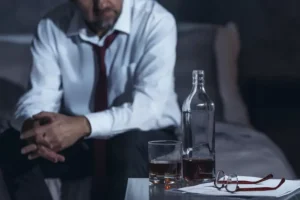
Simply cutting back or giving up alcohol or other drugs can be enough to reverse the negative impacts on your sleep (and can greatly improve your health overall). Sure, that nightcap, last glass of wine or beer before bed may help you feel sleepy. But it can actually end up robbing you of a good night’s rest — or worse, could cause some challenging sleep problems. If you’re planning on heading out for a night that will involve some drinks, there are some things you can do to help you sleep afterward.
Possible links between alcohol and insomnia
Understanding the effects of alcohol on sleep is the first step toward preventing alcohol-related sleep problems. As a general rule, Meadows said, people should aim to leave at least three to four hours between drinking and sleeping to avoid sleep disruption. "For the best sleep, try to have at least four alcohol-free nights every week," Meadows said.

